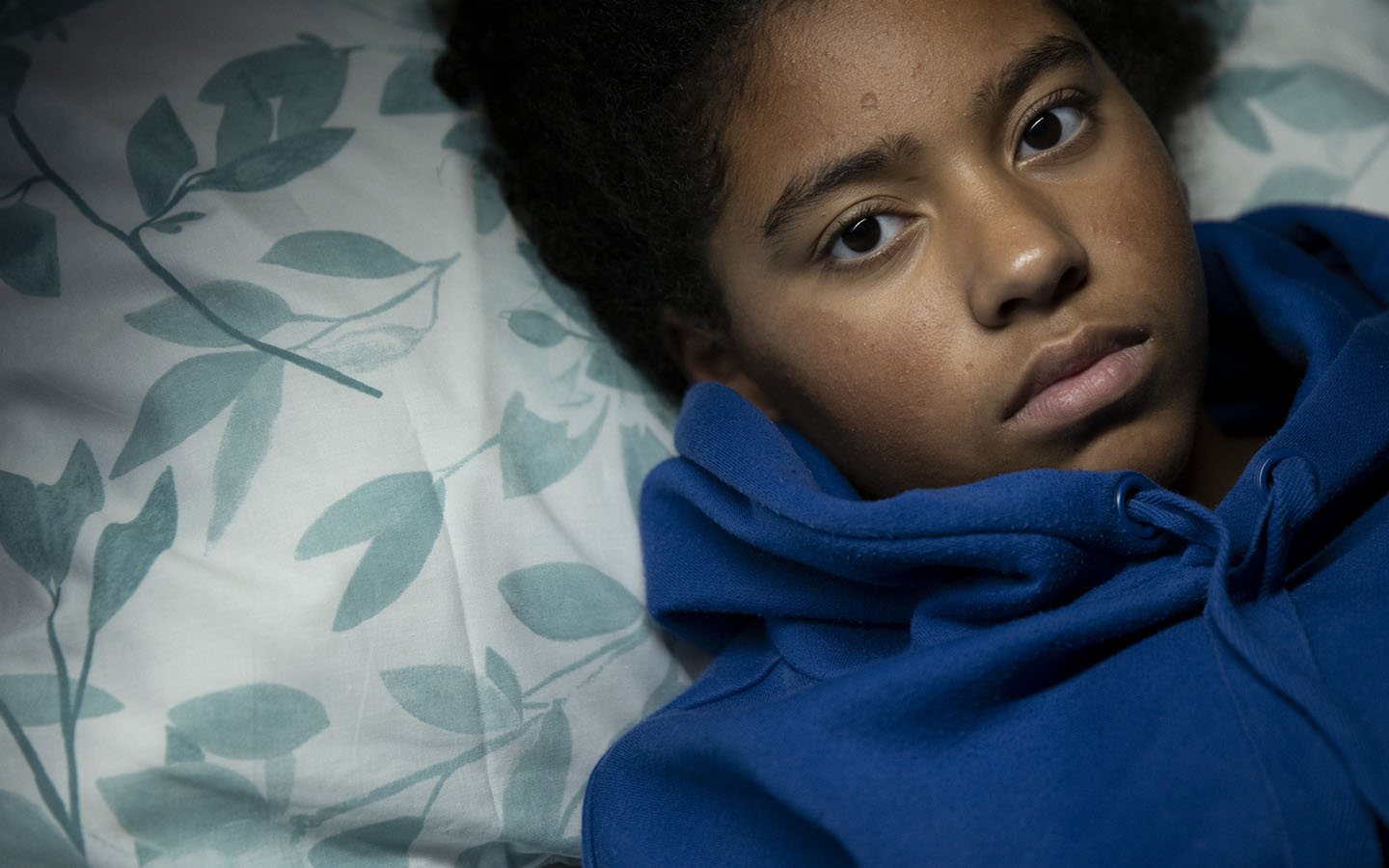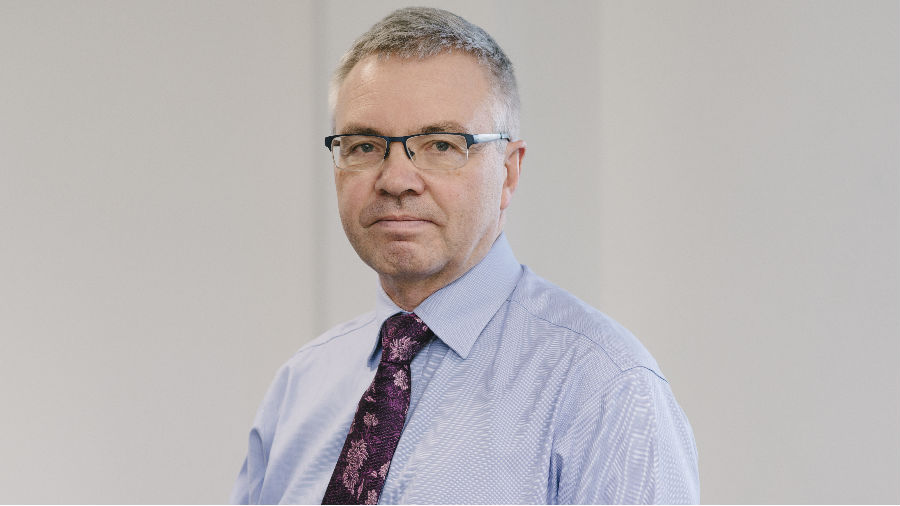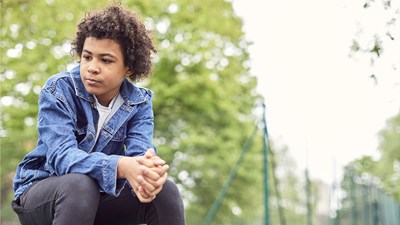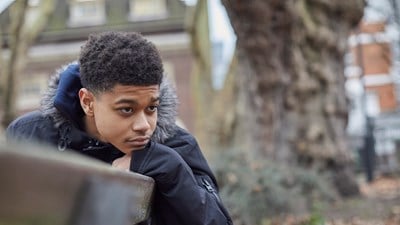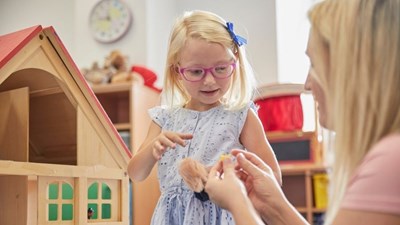We’re launching our Full Story campaign to connect more young people at risk of, or experiencing, sexual exploitation with Childline.
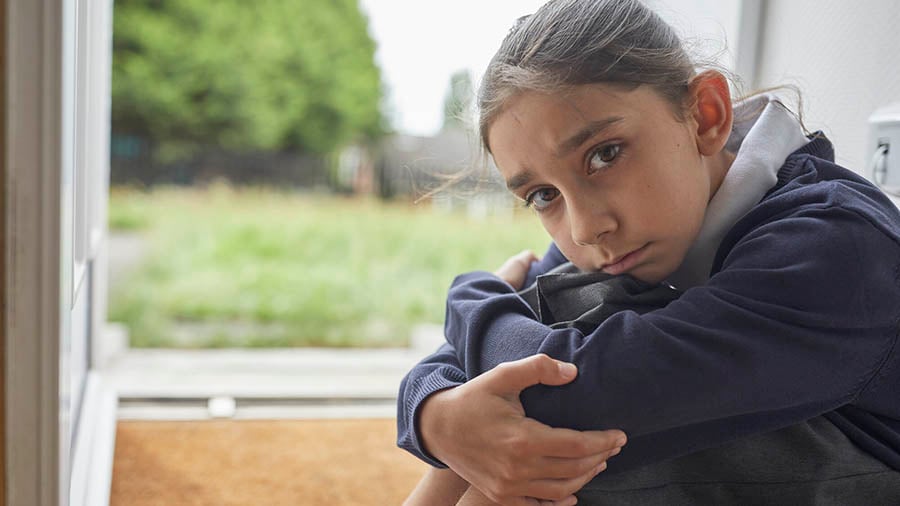
New analysis of police-recorded crime data reveals the number of child sexual exploitation crimes has increased by 10% within the last year.
During 2021/22 in England and Wales there were 17,486 crimes logged by police where children had been sexually exploited – an average of 48 offences a day.
We’re revealing this data alongside the launch of the Full Story campaign in a bid to encourage more children and teenagers at risk of or suffering sexual exploitation to use Childline for immediate, confidential help.
Over the last year, our helpline has heard from thousands of young people about sexual exploitation with some being manipulated into performing sexual activities after being given money, drugs or love and affection.
Others have been sexually exploited after being trafficked from their home after being threatened with violence or the promise of a better life elsewhere.
The number of Childline counselling sessions on sexual exploitation and abuse has increased from 5,962 to 6,230 this year (April 2021 - March 2022).
The campaign has created a series of short films showing five different scenarios of sexual exploitation, taken from real Childline calls.


